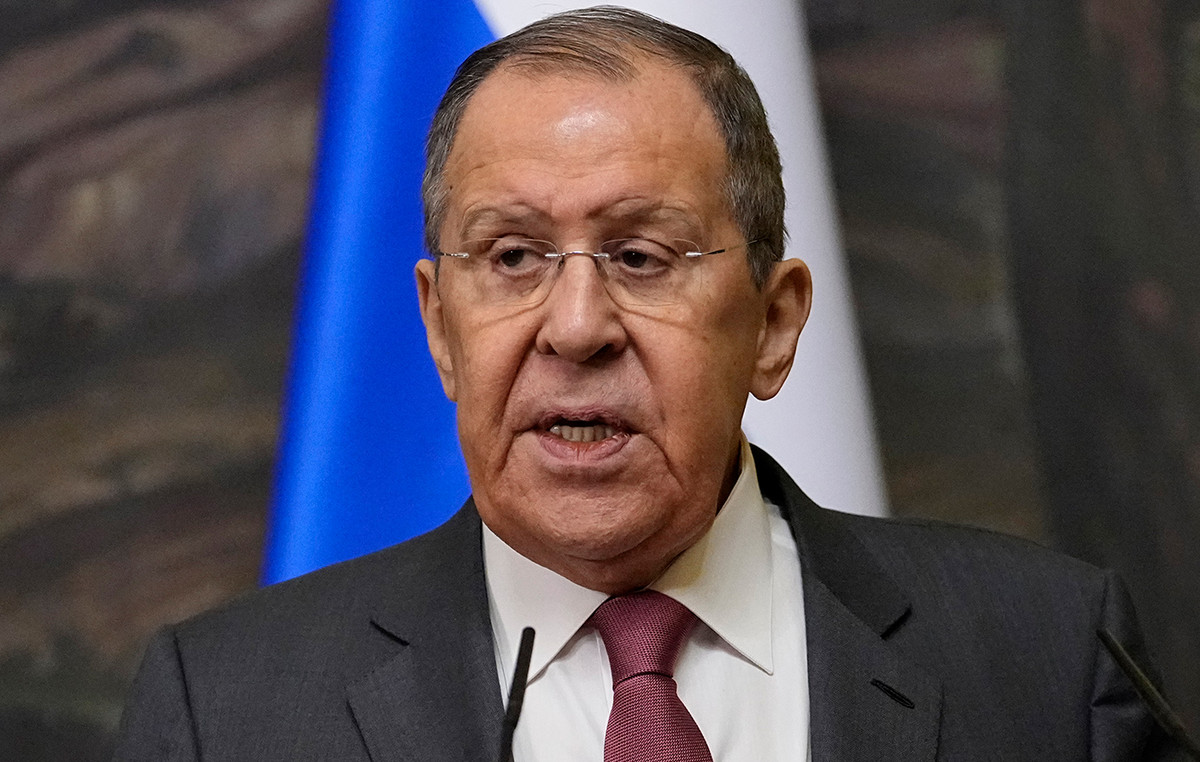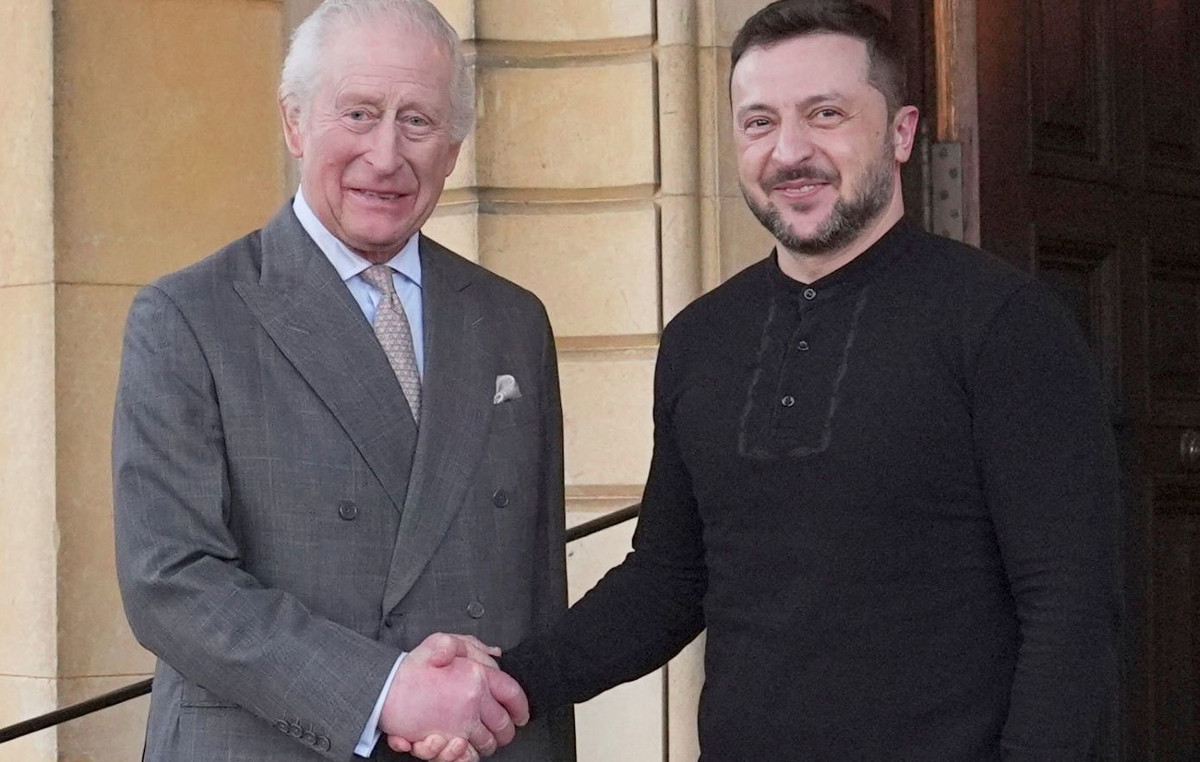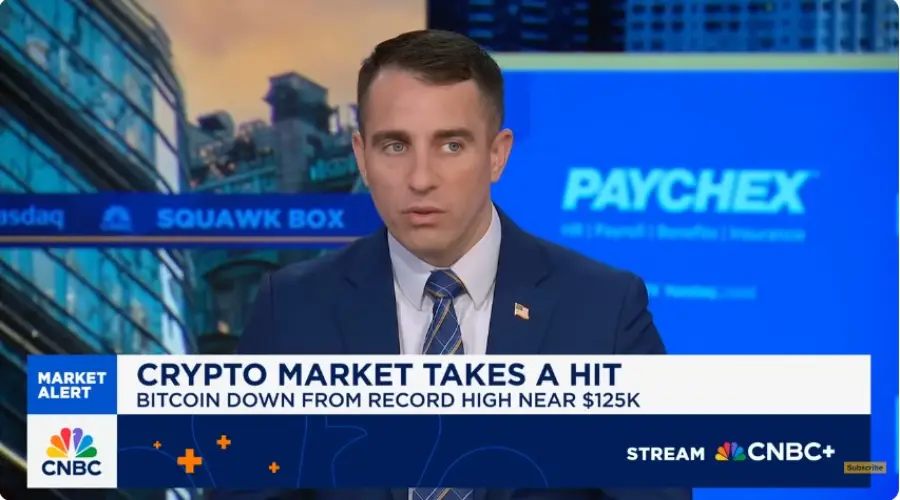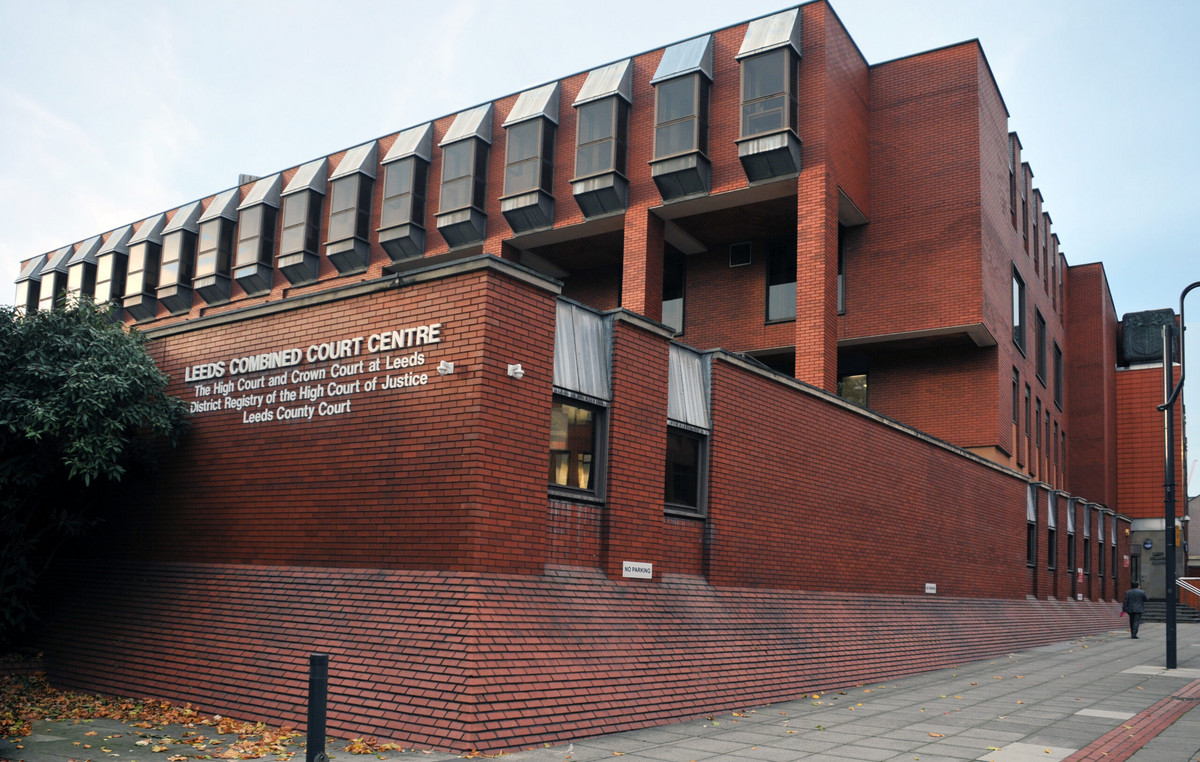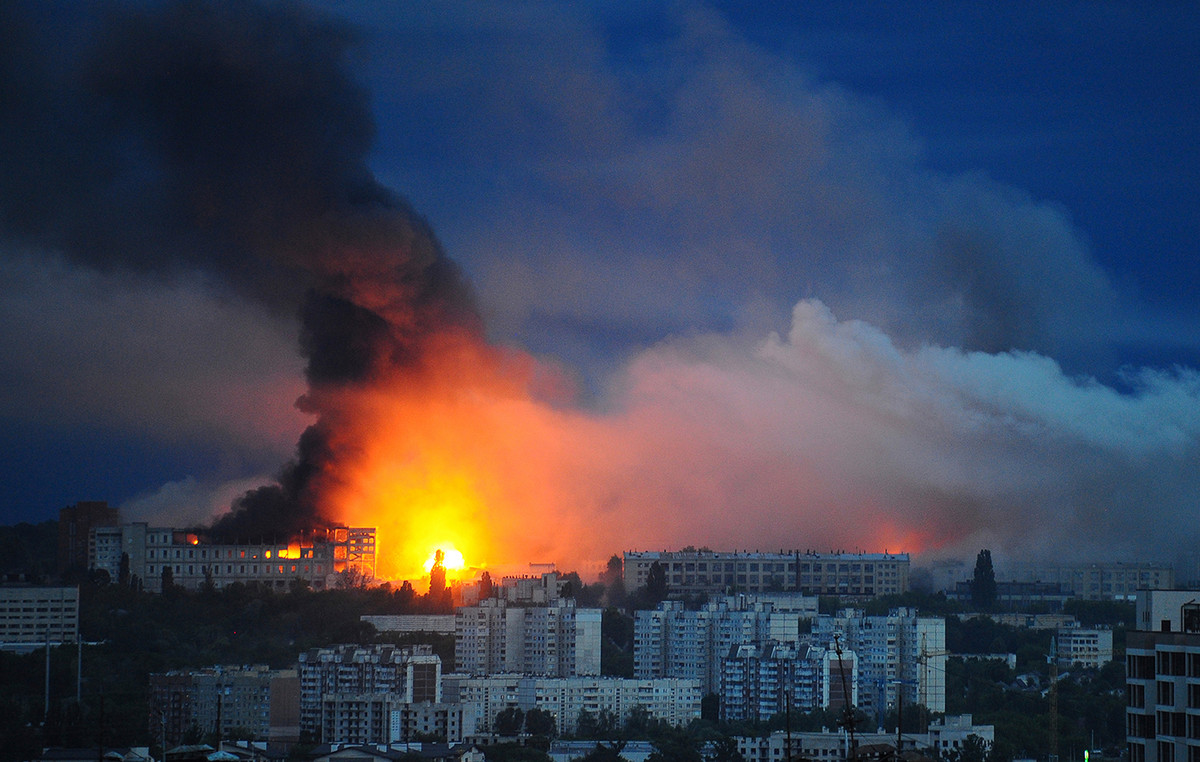The World Health Organization (WHO) has been monitoring the epidemiological surveillance of monkeypox since May. More than 1,000 confirmed cases of the disease have been reported to the WHO in 29 countries that are not considered endemic for the virus. So far, no deaths have been recorded in these countries.
The information was updated by the director-general of the WHO, Tedros Adhanom, in an announcement to the press on Wednesday (8).
“Cases have been reported mainly, but not only, among men who have sex with men. Some countries are starting to report cases of apparent community transmission, including some cases in women,” Adhanom said.
The WHO director-general said that the sudden and unexpected appearance of the disease in several non-endemic countries suggests that there may have been undetected transmission for some time.
“O risk of monkeypox establishing itself in non-endemic countries is real . The WHO is particularly concerned about the risks of this virus to vulnerable groups, including children and pregnant women,” he said.
The WHO warns that the scenario can be avoided, as long as the affected countries make efforts to identify all cases and contacts to control the outbreaks.
“To support countries, WHO has issued guidance on monkeypox surveillance and contact tracing, laboratory testing and diagnosis. In the coming days, we will issue guidance on clinical care, infection prevention and control, vaccination and more guidance on community protection,” Adhanom said.
WHO works in partnership with the Joint United Nations Program on HIV/AIDS (UNAIDS), civil society organizations and communities of men who have sex with men to provide information about what the disease is and how to prevent it.
“There are effective ways for people to protect themselves and others – people with monkeypox symptoms should self-isolate at home and consult a healthcare professional. Those who share a home with an infected person should avoid close contact,” said the director-general.
WHO does not recommend mass vaccination
Adhanom said there are approved antivirals and vaccines for monkeypox, but that supply is limited. WHO is developing a coordination mechanism for the distribution of supplies based on public health needs.
“THE WHO does not recommend mass vaccination against smallpox . In the few places where vaccines are available, they are being used to protect those who may be exposed, such as healthcare workers and laboratory personnel “, said Adhanom.
According to the director-general of the WHO, post-exposure vaccination should preferably be carried out within four days of exposure, it can be considered by countries for close contacts at greater risk, such as sexual partners, family members in the same household and health professionals. health.
Impacts for Africa
For Adhanom, the spread of the disease to non-endemic countries is seen as worrying. However, the WHO director drew attention to the impacts of the virus in Africa.
“It is clearly concerning that monkeypox is spreading in countries where it has never been seen before. At the same time, we must remember that so far this year there have been more than 1,400 suspected cases of monkeypox in Africa and 66 deaths.”
“This virus has been circulating and killing in Africa for decades. It is an unfortunate reflection of the world we live in that the international community is only now paying attention to monkeypox because it has appeared in high-income countries,” he added.
Source: CNN Brasil

